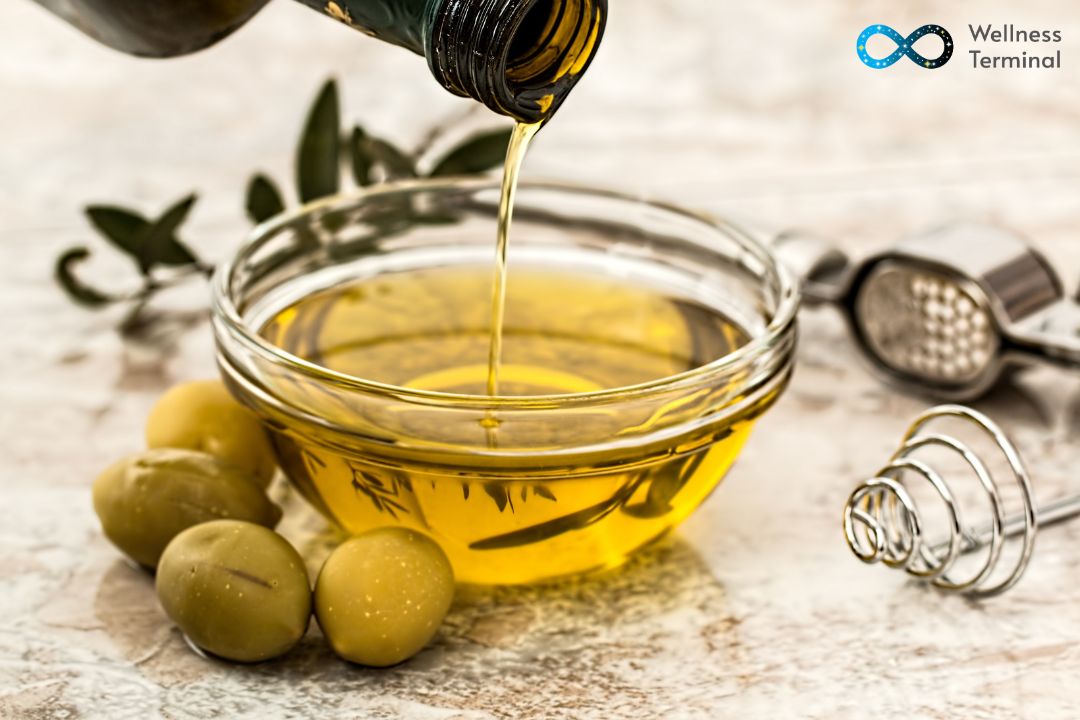If you're someone who cares about your health, you've likely been told to avoid saturated and trans fats and opt for vegetable oils instead. But is that the best choice for your health? Let's take an honest look at the pros and cons of using vegetable oils in your diet.
First, let's talk about the Pros:
Vegetable oils, such as canola, sunflower, and soybean oils, are typically high in polyunsaturated and monounsaturated fats, which can have a positive impact on heart health when consumed in moderation. These fats can help reduce bad cholesterol levels and increase good cholesterol levels, potentially lowering your risk of heart disease.
Furthermore adaptable, vegetable oils can be utilized for a range of cooking techniques, including sautéing and baking. They are frequently more affordable than other oils, making them a cost-effective choice for people who want to eat healthily.

However, using vegetable oils has certain drawbacks as well. Its high omega-6 fatty acid concentration is one big worry since if ingested in excess, it can cause chronic inflammation. A wide range of health problems, including diabetes, cancer, and heart disease, have been associated with chronic inflammation.
Vegetable oils may also be problematic since they might be extensively processed, which means they might include toxic substances that are bad for your health. In addition, some vegetable oils are made from crops that have undergone genetic modification, which may cause some people to express worry.
It's also critical to remember that since vegetable oils often contain a lot of calories, ingesting too much of them might result in weight gain and other related health issues. Vegetable oils are frequently promoted as a healthy substitute for saturated and trans fats, but to benefit from them, they must still be used in moderation.
What is the final verdict, then? Vegetable oils should only be used sparingly, even though they do have some health benefits. It's crucial to use minimally processed vegetable oils and use them sparingly if you want to lower your risk of developing chronic inflammation and other related health problems.
In addition, it's important to balance your intake of omega-6 fatty acids with omega-3 fatty acids, which are found in foods like fatty fish, flaxseed, and chia seeds. This can help ensure that you're getting a healthy balance of fats in your diet.
As with any dietary decision, it's important to consult with a healthcare professional or registered dietitian to determine what's best for your individual needs and health goals.
In conclusion, the decision to use vegetable oils in your diet is a personal one that should be based on your individual health needs and goals. While they can offer some benefits when consumed in moderation, it's important to be aware of their potential downsides and choose minimally processed options to reduce your risk of negative health impacts.

